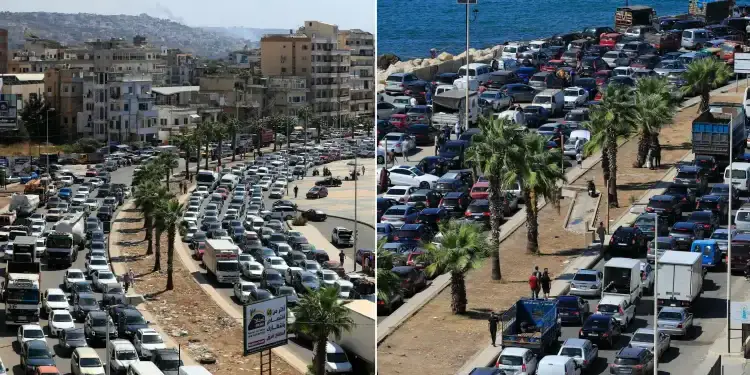Lebanon is immersed in an unprecedented humanitarian crisis, exacerbated by the intensification of the conflict with Israel. Lebanese Minister for Foreign Affairs Abdallah Bou Habib revealed that the number of internal displaced people is now around half a million, a dramatic increase compared to the 110,000 listed before the last Israeli strikes.
The situation is all the more critical since, according to the Minister of Health, Firas Abiad, violence has already left 558 dead, including 94 women and 50 children, as well as 1,835 injured.
In this disturbed context, the Tunisian community in Lebanon shows increasing concern. If the Tunisia ambassador in Beirut, Bouraoui Limam, reassured by indicating that no Tunisian national has been touched by strikes, an increasing number of members of this community seek to return to their country of origin. Calls for the embassy are increasing, reflecting the fear of worsening the security situation.
Faced with this emergency, the Tunisian embassy is on the war foot, operating without interruption to respond to requests for assistance. However, the repatriation process promises to be complex. It depends on the evolution of Lebanese fights, administrative constraints, as well as logistical and security imperatives. Despite these obstacles, the Tunisian authorities display their determination to support their fellow citizens, stressing the importance of national solidarity in a region plagued by a deep and lasting crisis.








